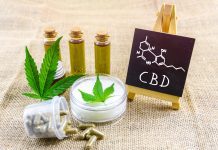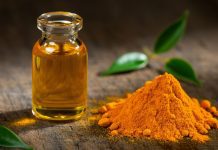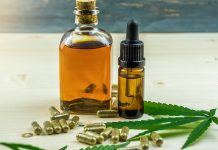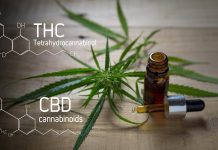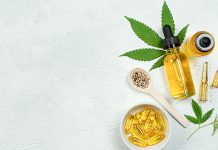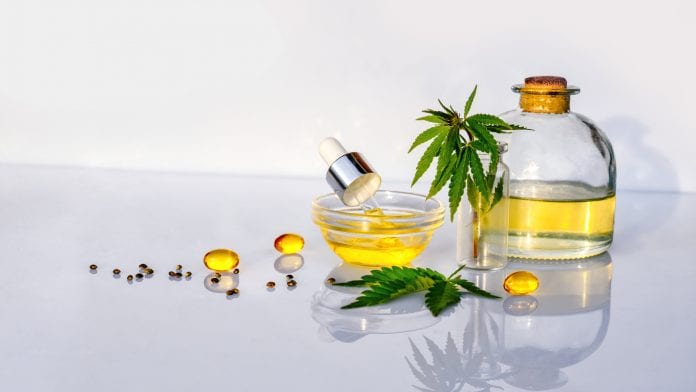
A new study has shed light on the pain-reducing effects of CBD, as well as the impact that the placebo effect may have on pain outcomes.
To date, there has been limited experimental human research looking at the pain-reducing effects of CBD. Many researchers question whether CBD actually reduces pain, or whether the placebo effect or ‘expectancy effects’, play a role, as pain sensitivity can be dramatically impacted by our perception of a drug’s ability to reduce pain.
A team of researchers at Syracuse University have now explored both the pharmacological and placebo effects of CBD for pain relief, finding improvements in pain measures caused by both.
The research has been published in the journal Experimental and Clinical Psychopharmacology.
Pain perception
Pain is perceived by many to be like a simple on and off switch – there is either pain, or there is not. However, pain is complex phenomenon with several dimensions influenced by psychological and biological factors, whereby pain intensity reflects a “sensory” or emotional dimension of pain.
Members of the research team, Martin De Vita, of the psychology department at Syracuse University’s College of Arts and Sciences, and Syracuse Emeritus Psychology Professor Stephen Maisto, along with fellow lab member and doctoral candidate Dezarie Moskal, previously conducted the first systematic review and meta-analysis of experimental research examining the effects cannabinoid drugs on pain. They found that CBD and expectancies for receiving CBD do not appear to reduce experimental pain intensity but do make the pain feel less unpleasant.
For the study, De Vita and Maisto used equipment that safely induces experimental heat pain and measured how the recipient’s nervous system reacted and responded to it. The researchers then manipulated the information given to participants about which substances they received, whereby some participants were told that they were given CBD when they instead received a placebo, and vice versa.
De Vita said: “That way we could parse out whether it was the drug that relieved the pain, or whether it was the expectation that they had received the drug that reduced their pain.
“We hypothesised that we would primarily detect expectancy-induced placebo analgesia (pain relief). What we found though after measuring several different pain outcomes is that it is actually a little bit of both. That is, we found improvements in pain measures caused by the pharmacological effects of CBD and the psychological effects of just expecting that they had gotten CBD. It was pretty remarkable and surprising.”
“The data is exciting but pretty complex in that different pain measures responded differently to the drug effect, to the expectancy, or both the drug and expectancy combined–so we are still trying to figure out what is behind the differential data with different kinds of pain measures,” said Maisto. “The next step is studying the mechanisms underlying these findings and figuring out why giving instructions or CBD itself causes certain reactions to a pain stimulus.”
“If you think of pain as the noxious noise coming from a radio the volume can represent the intensity of the pain, while the station can represent the quality,” said De Vita.
Pharmacological vs placebo
Results from his previous study showed that while cannabinoid drugs were not reducing the volume of pain, they were “changing the channel, making it a little less unpleasant.”
He said: “We replicated that in this study and found that CBD and expectancies didn’t significantly reduce the volume of the pain, but they did make it less unpleasant – it didn’t bother them as much. It is not just pain, yes or no, but there are these other dimensions of pain, and it would be interesting to see which ones are being targeted.
“We found that sometimes pharmacological effects of CBD brought down some of those, but the expectancies did not. Sometimes they both did it. Sometimes it was just the expectancy. And so, we were going into this thinking we were going to primarily detect the expectancy-induced pain relief but what we found out was way more complex than that and that is exciting.”
One important note to also consider is the source of the CBD. “What we used in our study was pure CBD isolate oil,” said De Vita. “Commercially available CBD products differ in their content and purity, so results might be different for different CBD products, depending on what other compounds they may or may not contain.”


